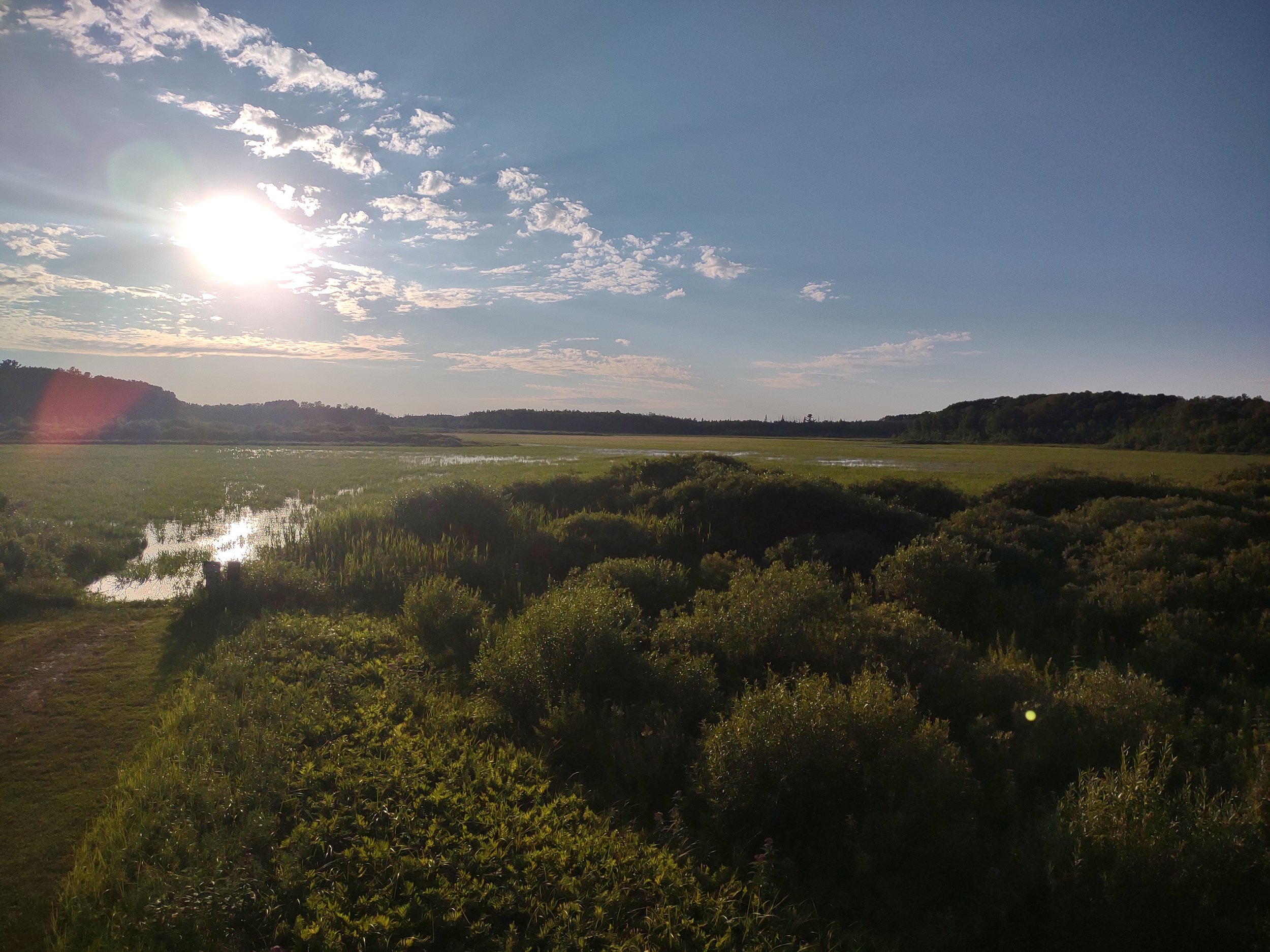What is ITEK?
Indigenous Traditional Ecological Knowledge
TEK “refers to the evolving knowledge acquired by indigenous and local peoples over hundreds or thousands of years through direct contact with the environment. This knowledge is specific to a location and includes the relationships between plants, animals, natural phenomena, landscapes and timing of events that are used for lifeways, including but not limited to hunting, fishing, trapping, agriculture, and forestry.”
-U.S. Fish & Wildlife Service

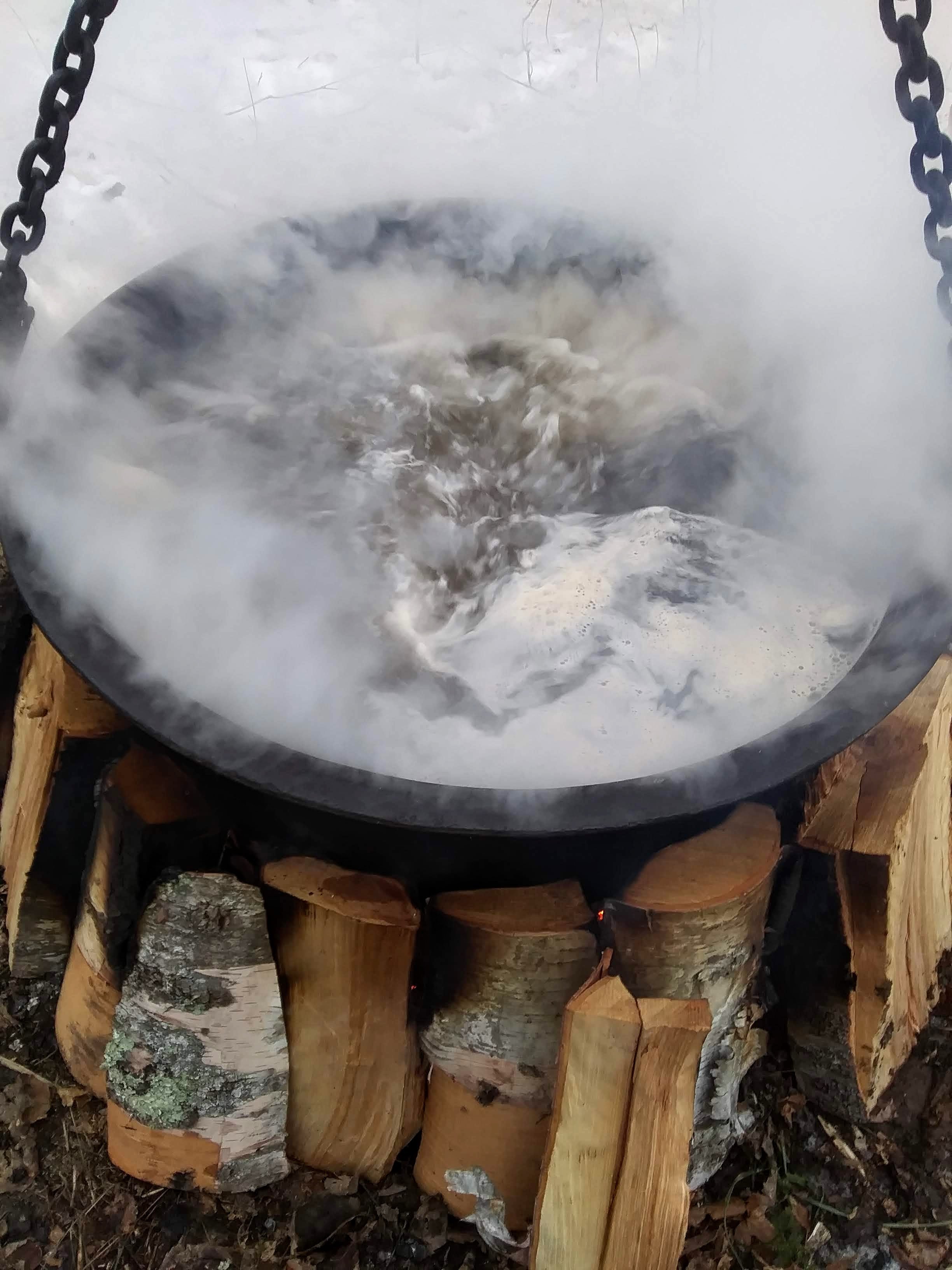


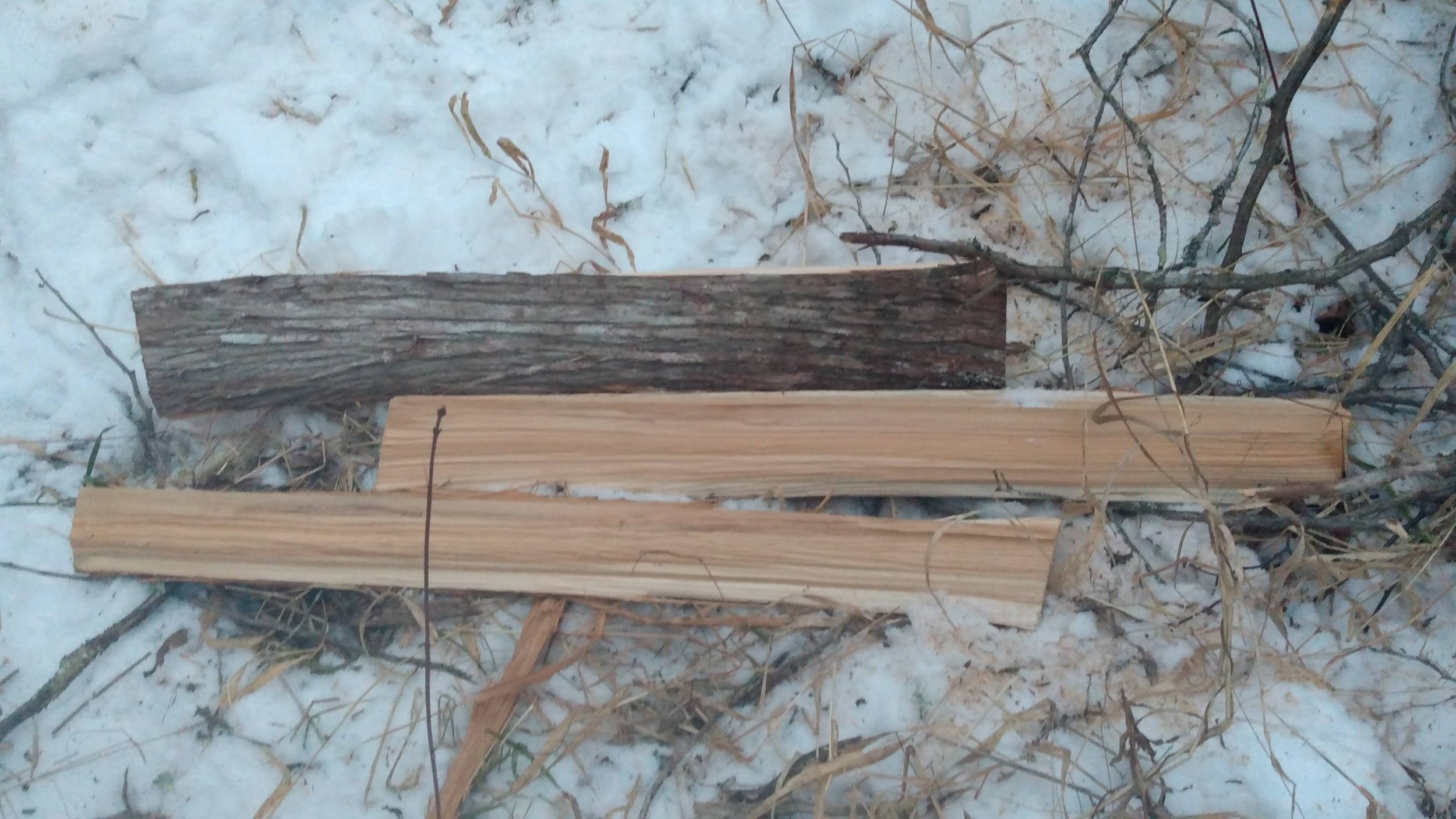

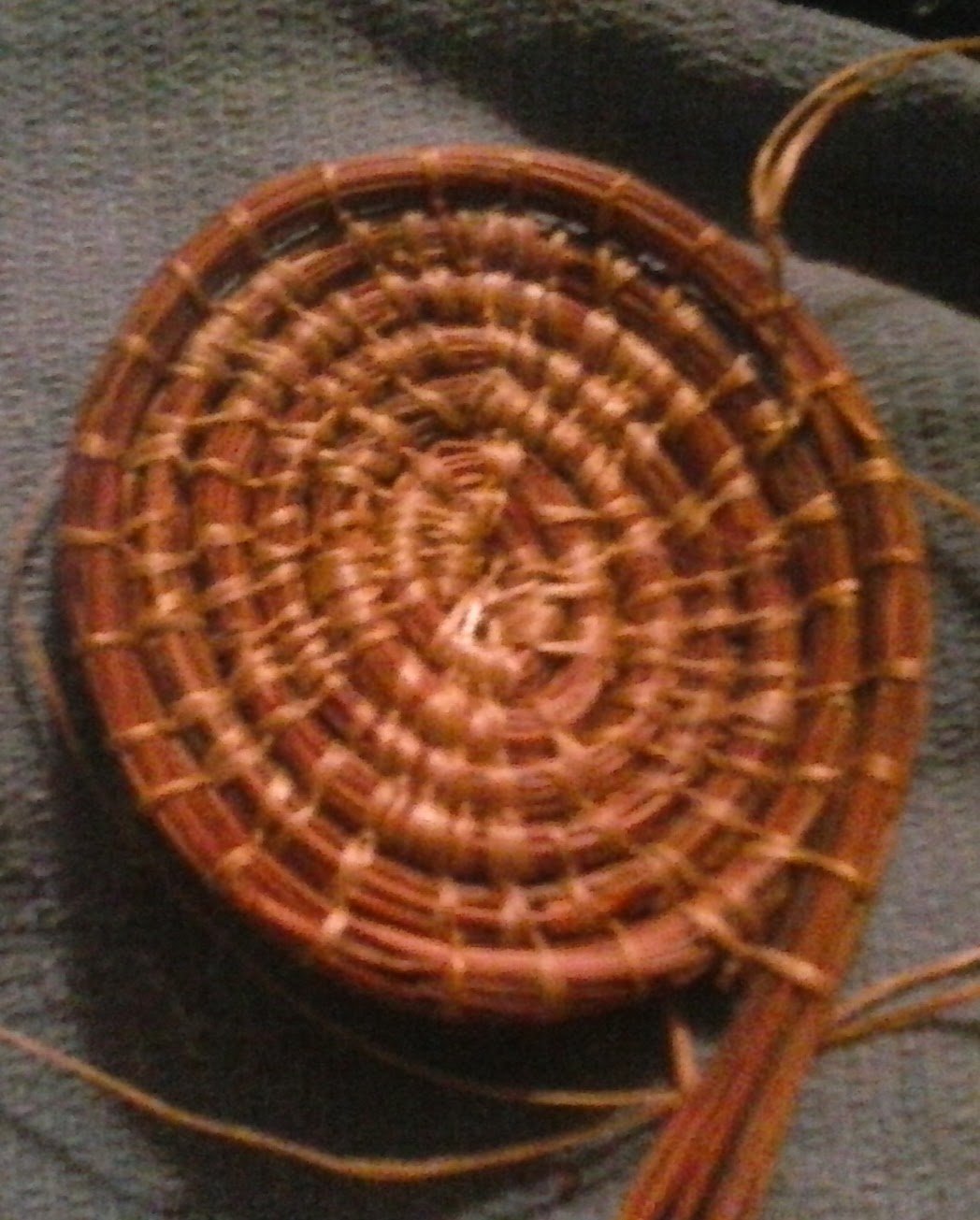
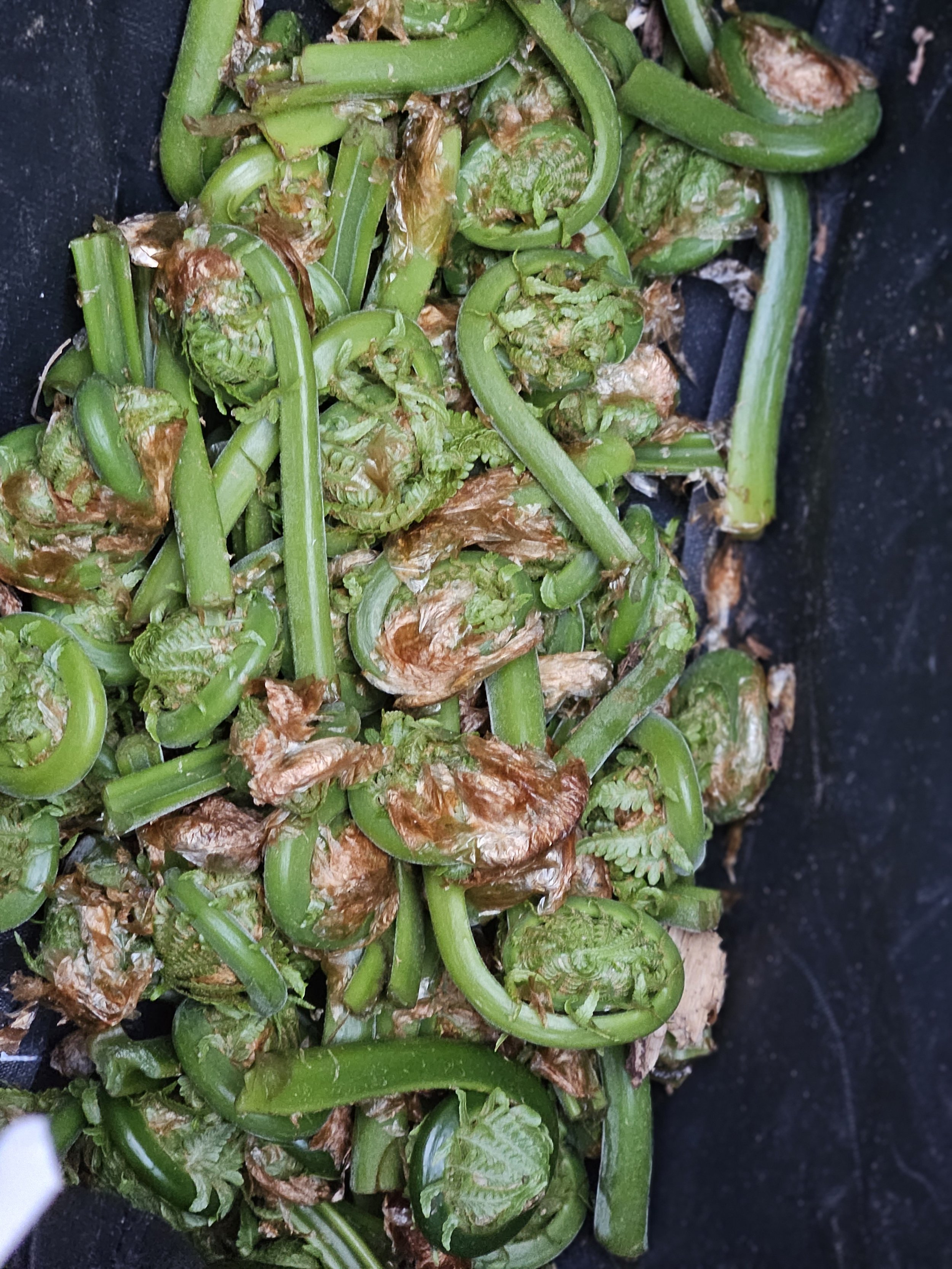
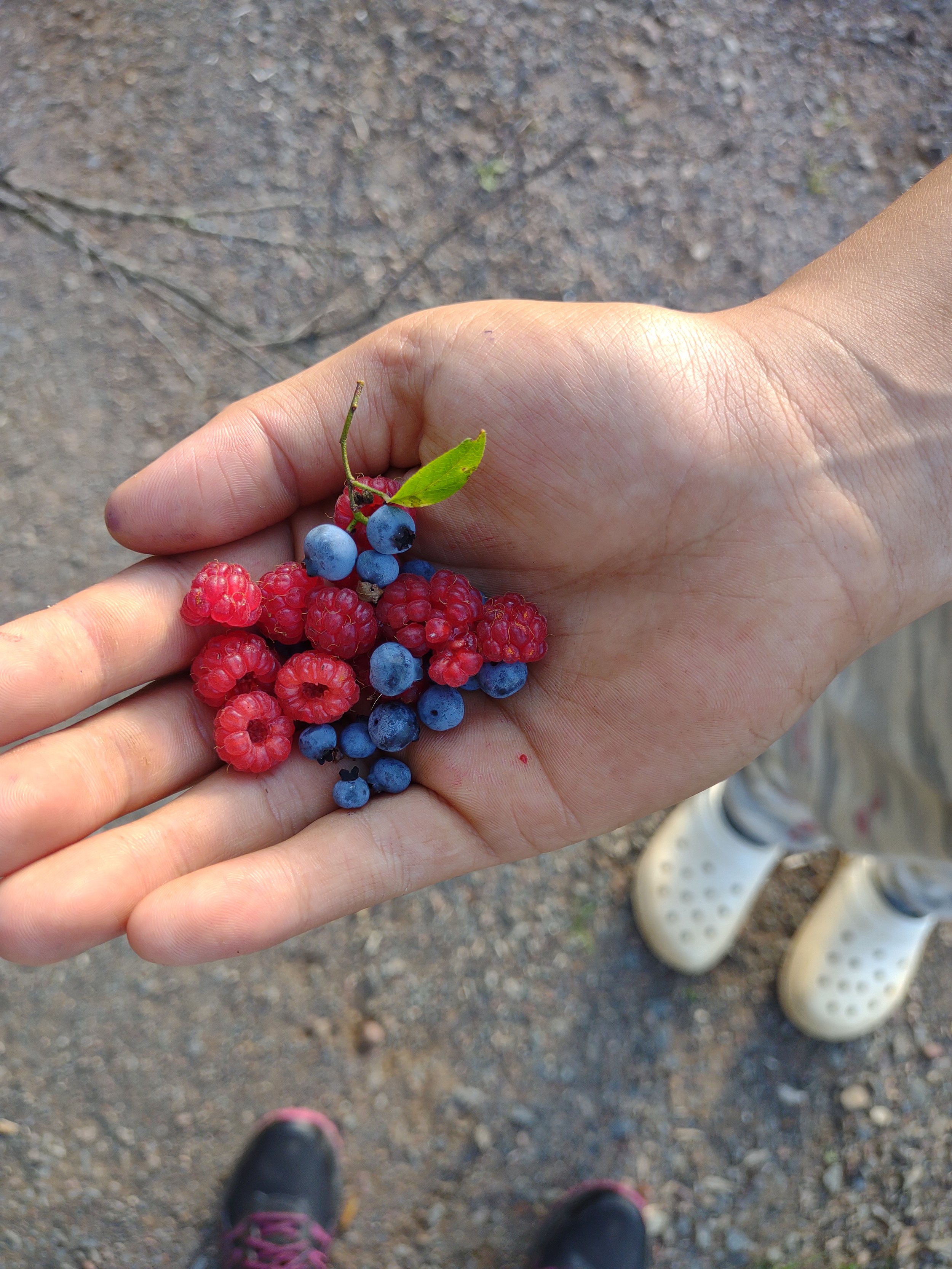

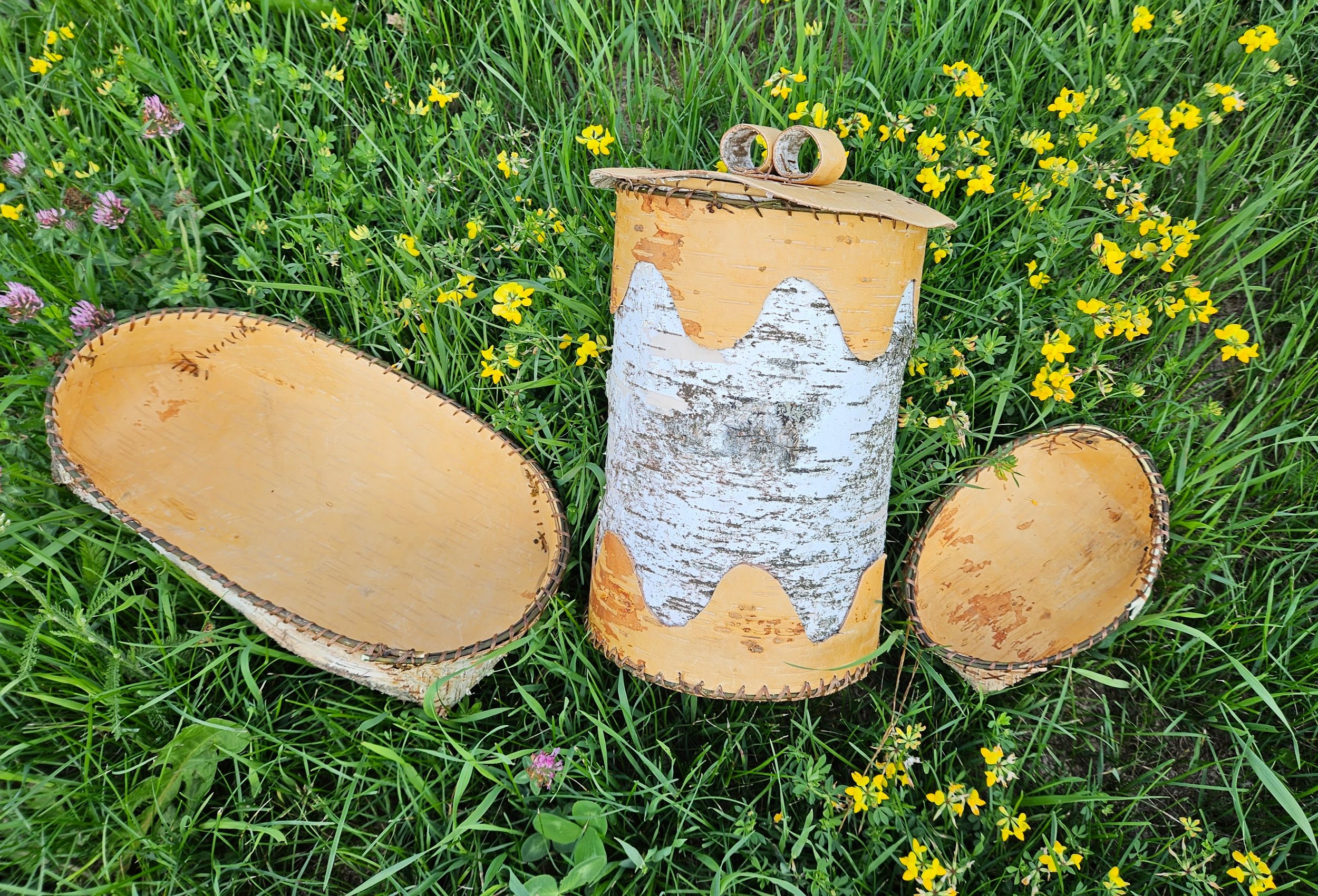
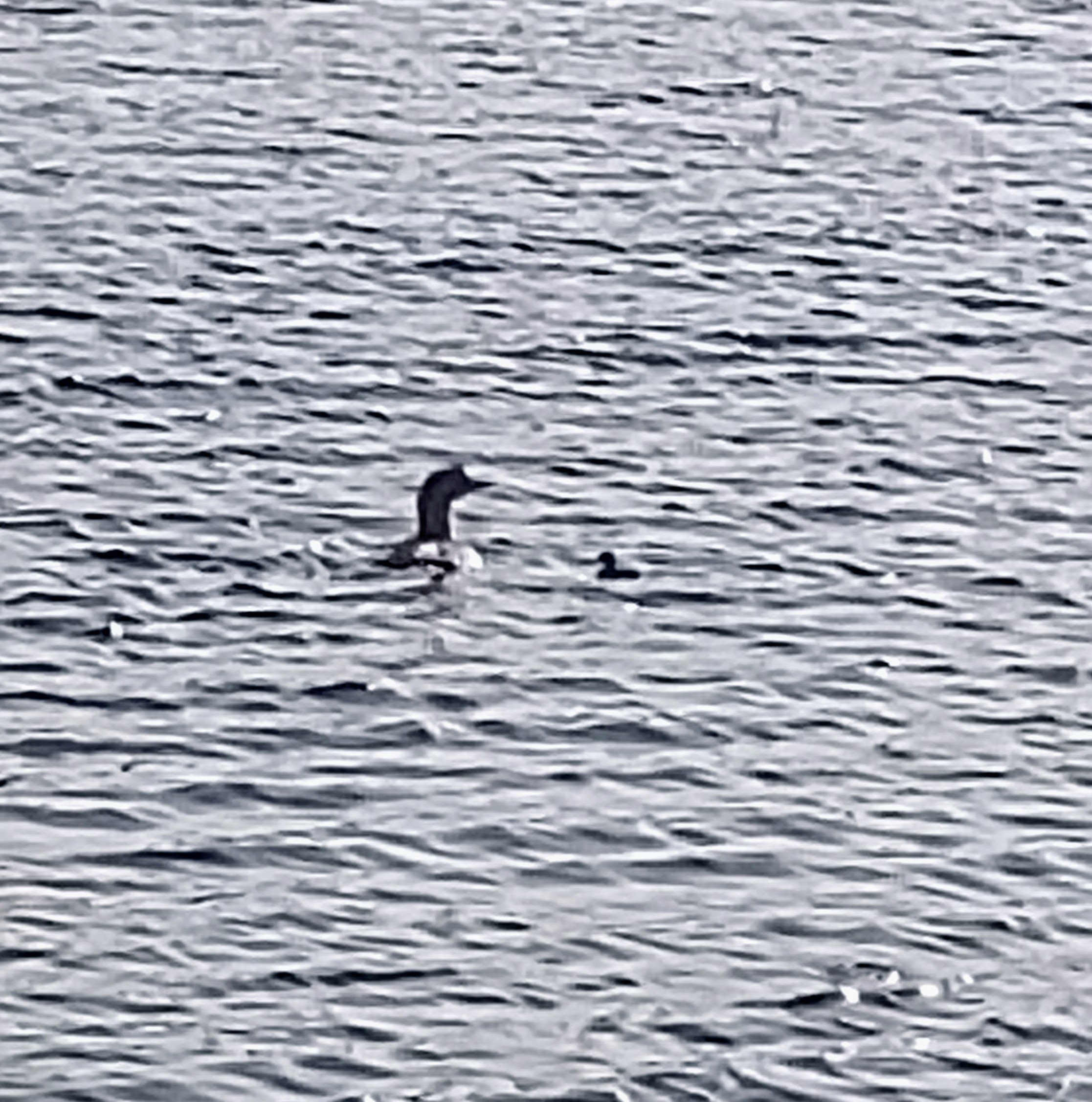

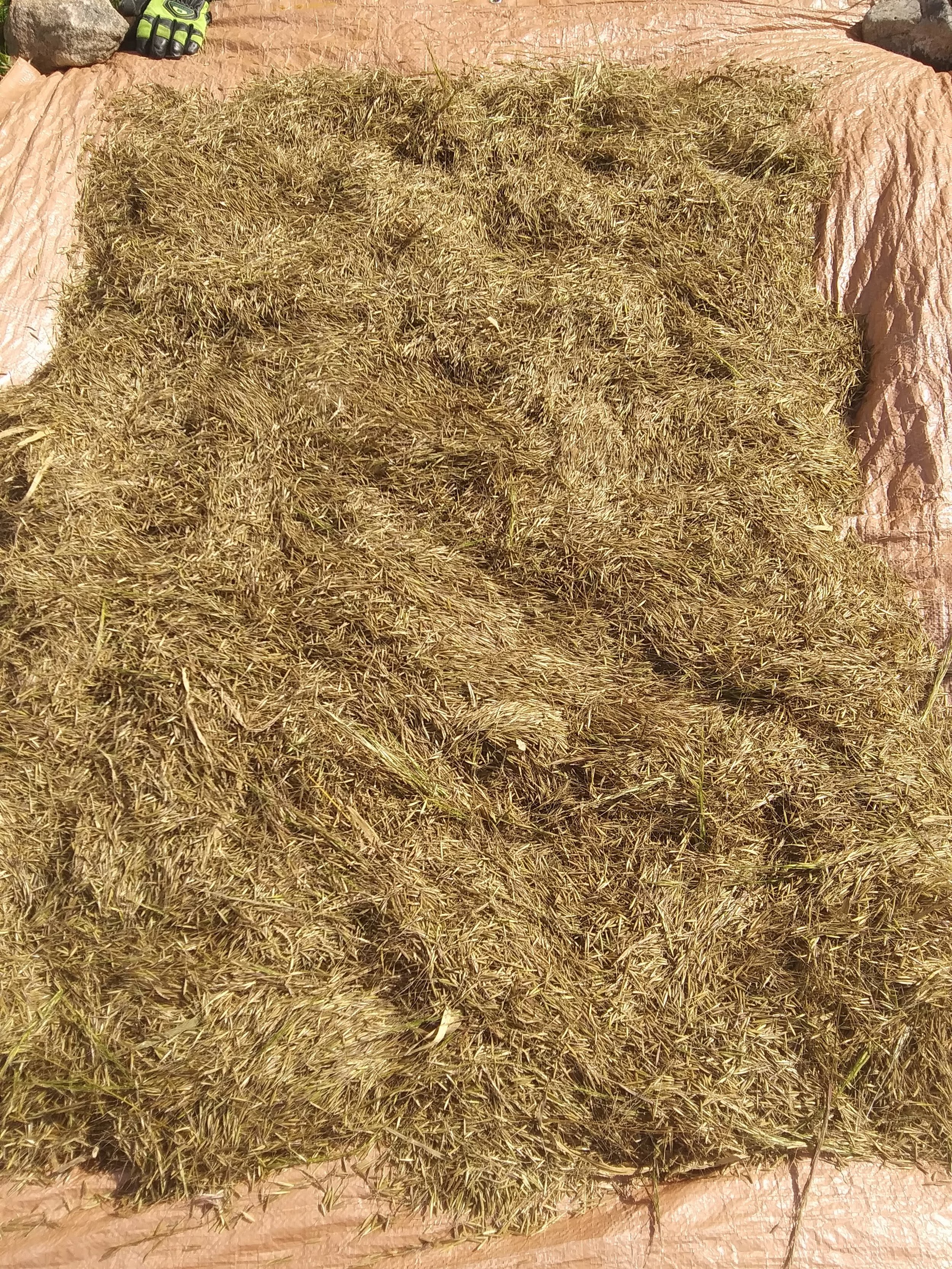

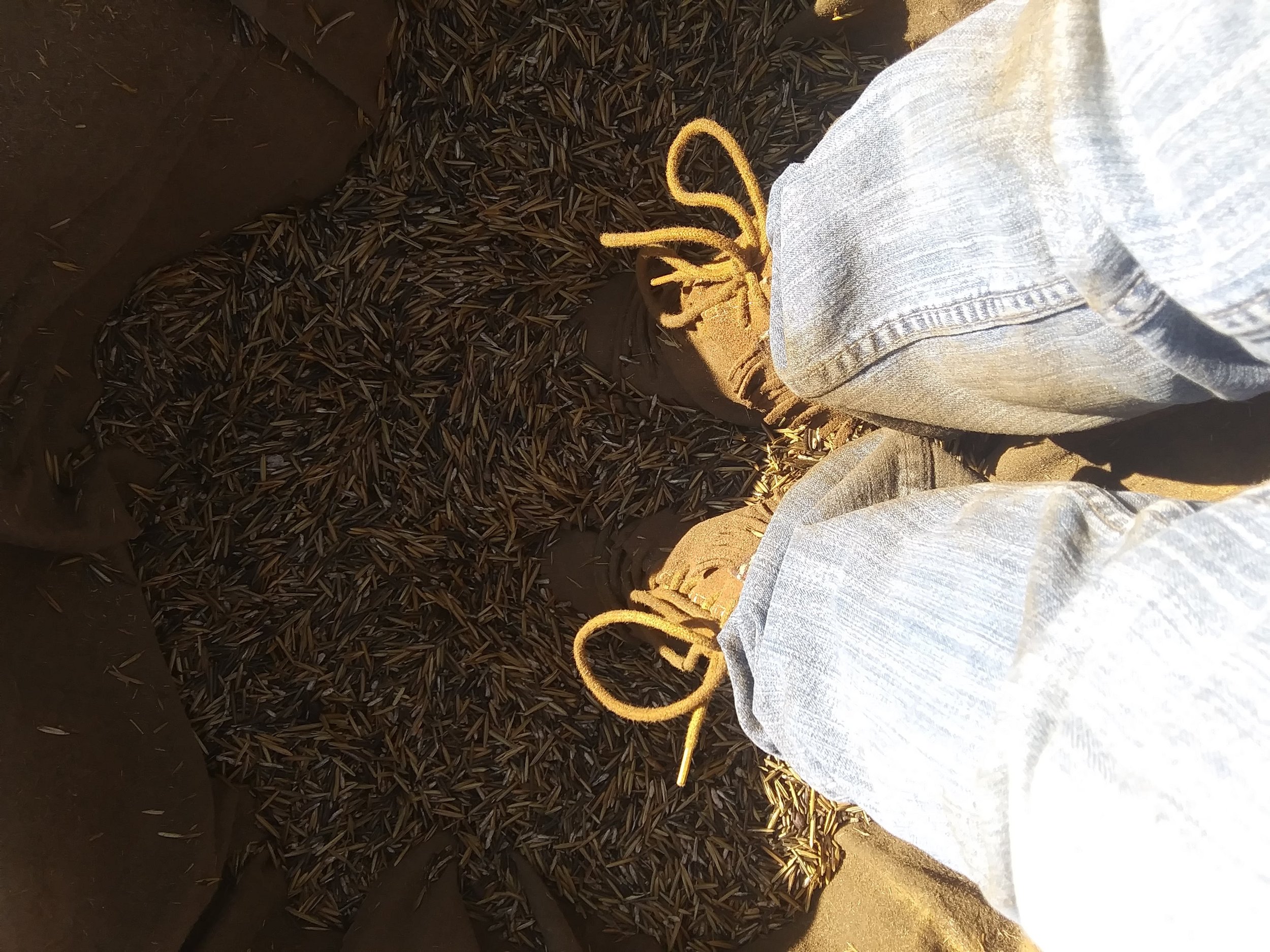


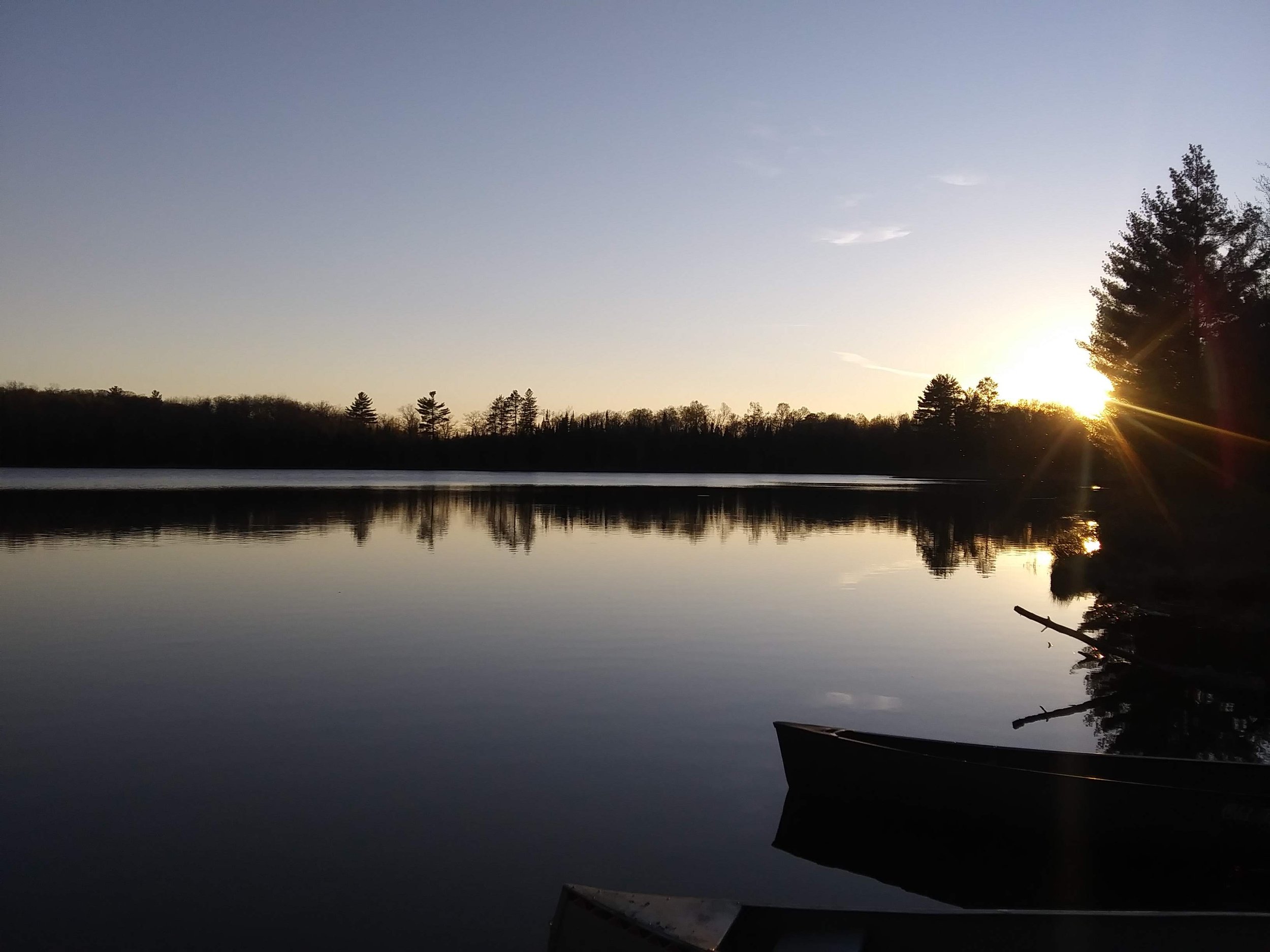
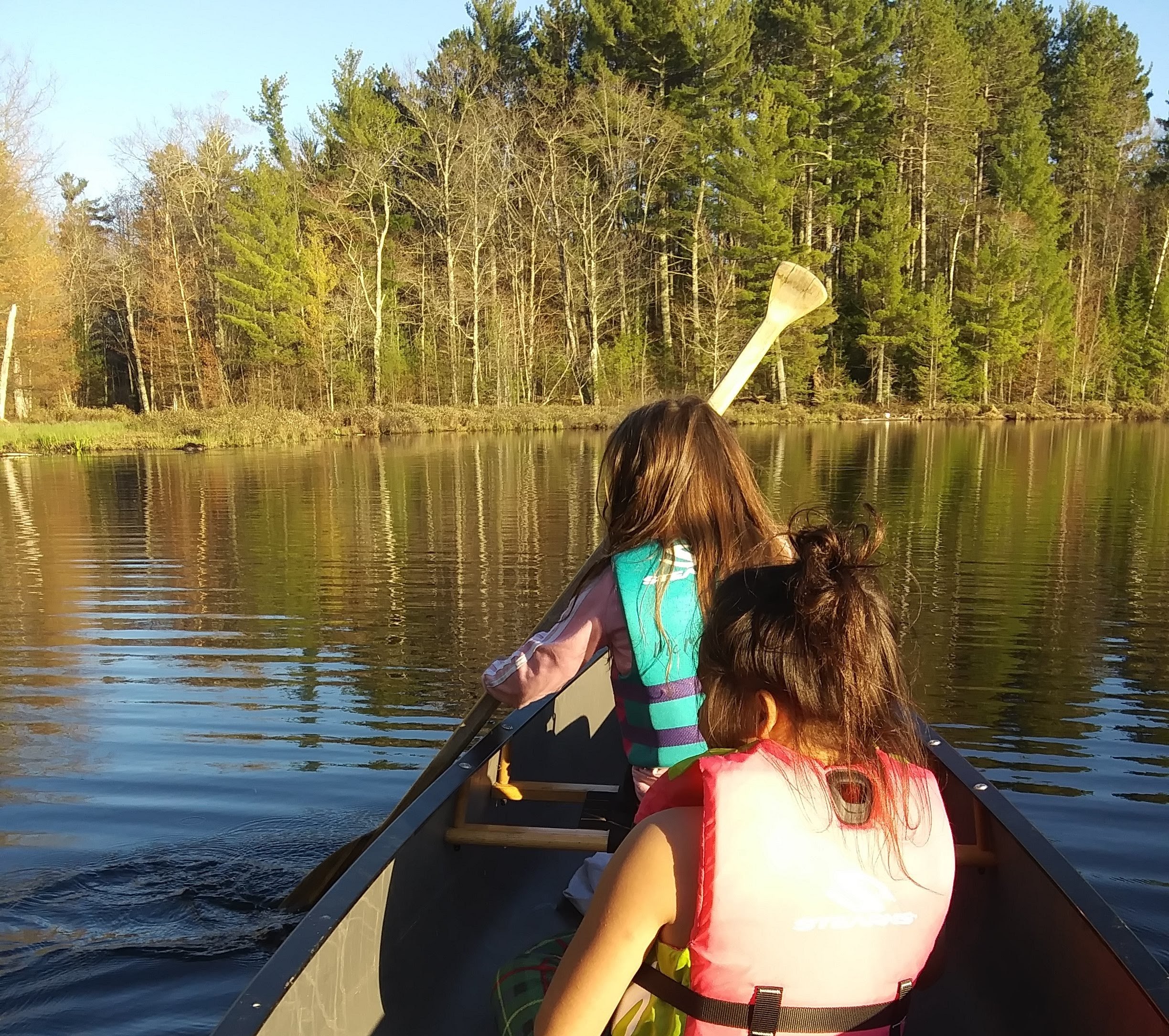



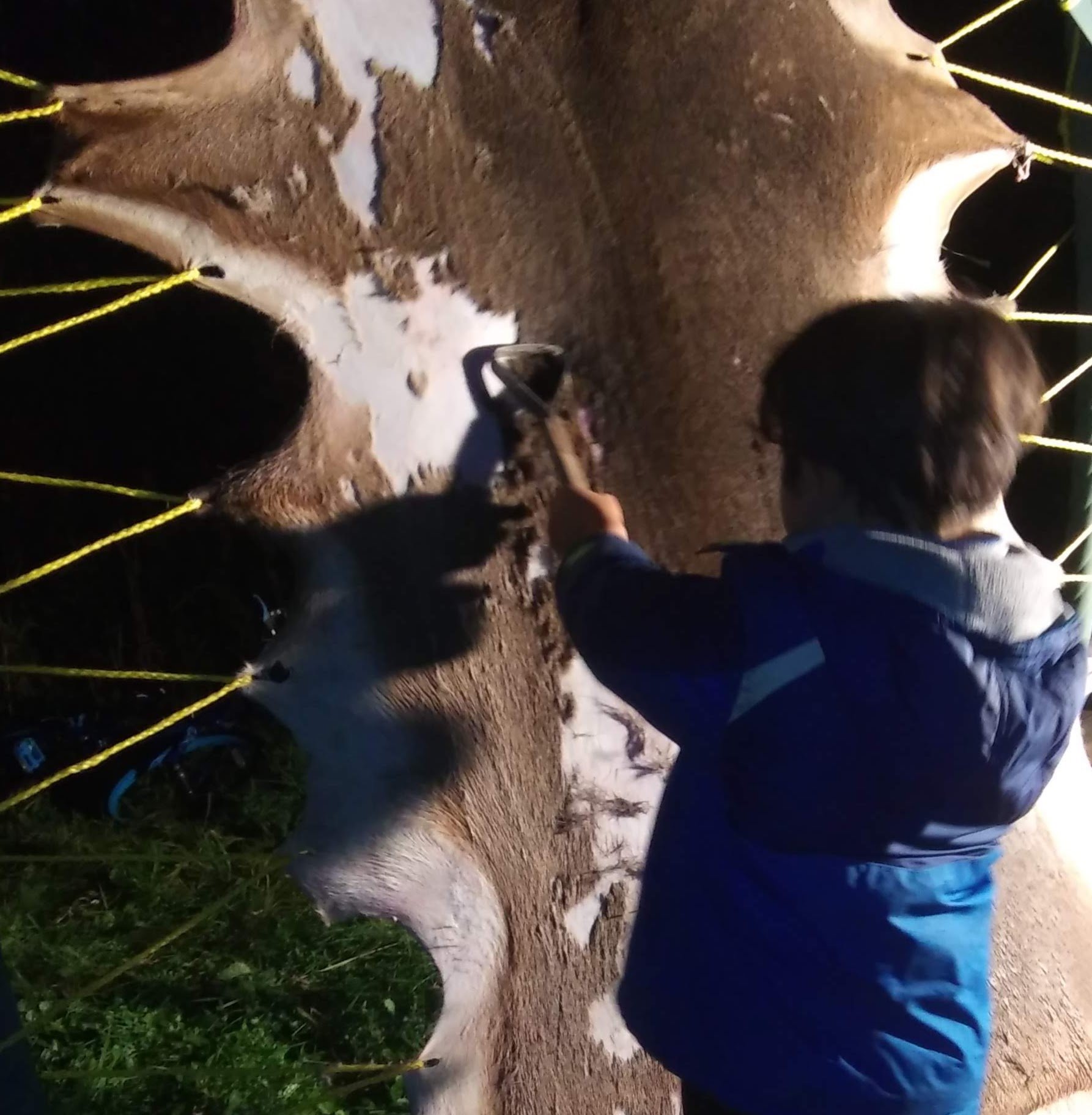



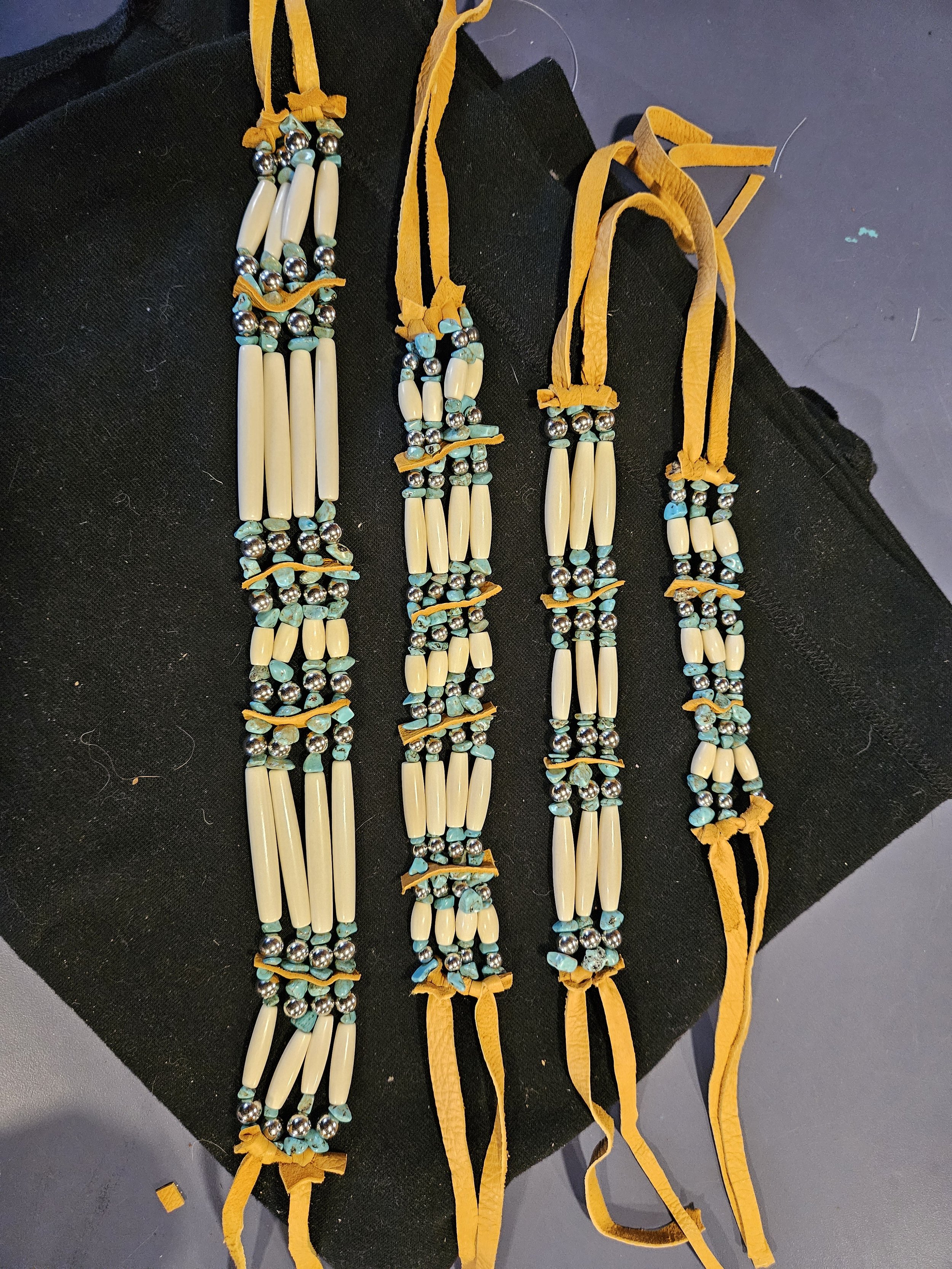


How do ITEK & modern science work together?
Fourth National Climate Assessment recognized and incorporated ITEK as an important information source for improving the understanding of climate change and environmental sustainability over time, and for developing comprehensive climate adaptation and natural resource management strategies.
Fond Du Lac and University of Minnesota Wild Rice study collaboration created sulfate standards to protect wild rice. Brought about investigation that found the presence of Wild Rice in Core Samples from areas offered by ITEK - where wild rice is believed to ever grow.
Many other documented and researchable instances of the significant enhancements to scientific understandings of what is truly occurring in our environment.
ITEK and Line 3/93?
ITEK carriers help bring light to damages not apparent to those of different cultures:
• Show where and how their traditional pharmacy and grocery stores have been detrimentally impacted.
• Assisted in developing our 10 Types of Construction damages document.
• Assisted scientists in realizing water diversion to ancient channels and lack of water levels in certain areas.
• Help volunteers understand the comparison of past and current conditions and changes in the land.
• Help volunteers respect the land, acknowledge the Treaty territories and traditional homelands that we are monitoring.
ITEK carriers understand and can help explain wetland flows. Scientists understand underground flows as well. Marrying the two helps explain possible impacts and future implications.
Indigenous volunteers help develop and create communications to help better provide Tribes and the public with the needed information we are gathering.
FAQs
-
Historical Suppression of ITEK due to Assimilation and Termination policies that lead to:
Attack on the validity of ways of knowing
Boarding Schools - “kill the Indian, save the man”
50s & 60s social services/ church scoops
Lack of understanding of Indigenous existence and ways of knowing
Fear based and driven ideologies, managing policies regarding Indigenous peoples for hundreds of years
Lack of support for transmission of ITEK in educational systems and in professional settings throughout history
-
Past educational practices formed bias in educational system & staff
New educational standards are in effect in MN - barriers to training, funding, and proper implementation
Lack of access to training for staff and reform of policies - institutional biases creating lots of discussion
Accessing ITEK holders as educators - eminence credentials for Indigenous community members
Traditional Tribal Governance vs Indian Reorganization Act Constitutions
Past events have caused for Lateral Violence/ Oppression within our communities
Lack of time to educate the next generation and reform policies before the next project comes through
-
Show support for new American Indian Standards at your school boards, parent committees, and student conferences.
Show support for the new standards at your places of worship, with your families, and children.
Offer your support for the new standards to your local, state, and federal government leaders.
Ask for them to fund it and better educate the public about its importance.
Seek ITEK in your area - find the people that truly know some things and approach them in a good way & compensate them for their time away from reclaiming and passing on their knowledge to those that need to carry it.
-
Links to Resources:
Traditional Ecological Knowledge - GLIFWC
Niibi Center - Honoring & Empowering Anishinaabe Culture and Tradition
November 2019 Presidential Memo for Heads of Departments & Agencies Re: ITEK
Dec 2022 Presidential Guidance on ITEK
United Nations Declaration on the Rights of Indigenous Peoples
United Nations Culture and the Department of Economic and Social: Affairs Indigenous Peoples
Traditional Ecological Knowledge Fact Sheet
Native Knowledge: What Ecologists Are Learning from Indigenous People


